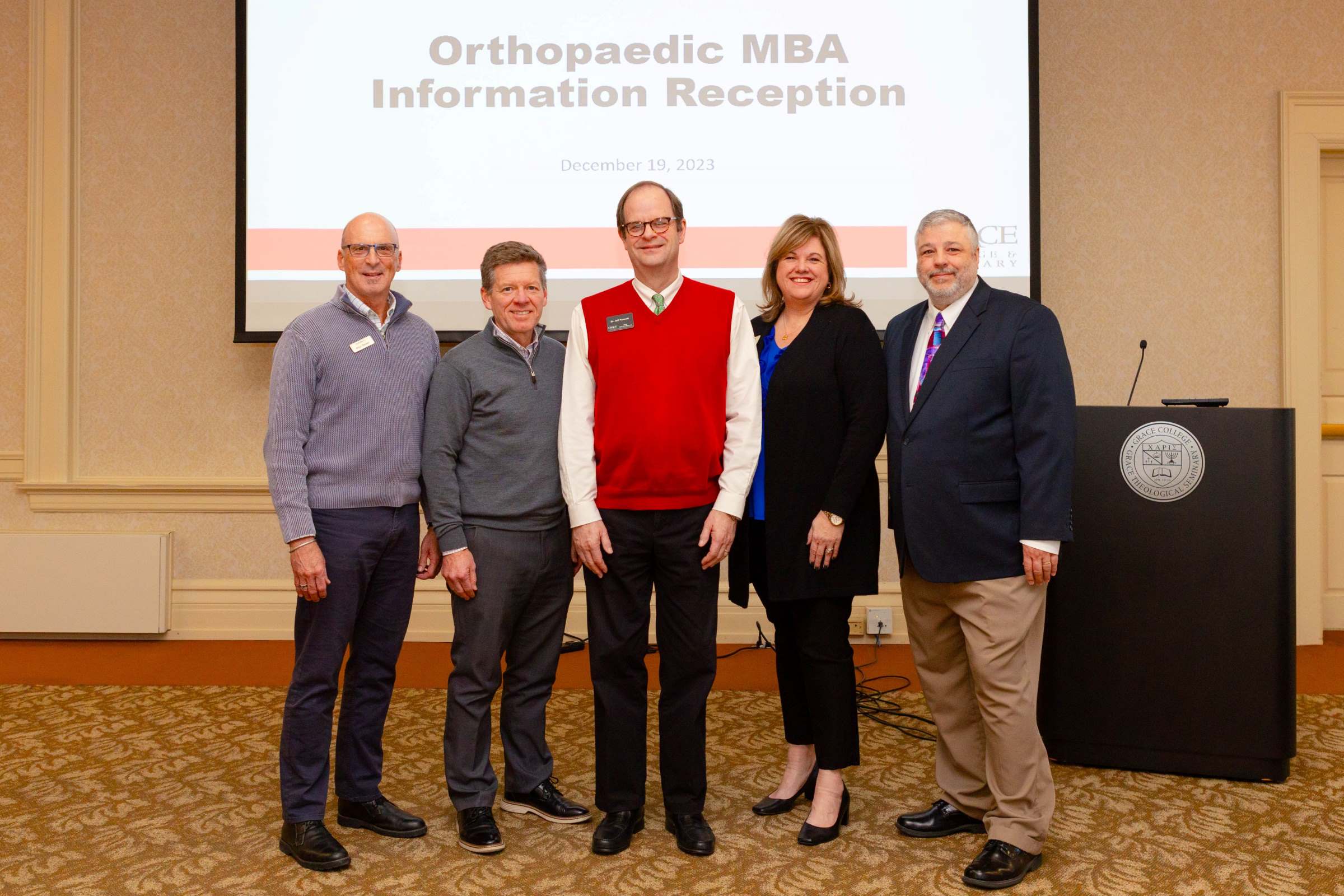September 4, 2020
Subjective Well-Being: A Matter of a Master’s in Clinical Mental Health Counseling
Tagged With Counseling Masters Programs

Are you intrigued by subjective well-being and other areas of counseling? Grace College is here to explore subjective well-being and offer you an online Master’s in Clinical Mental Health Counseling to further your passion and career in mental health.
“Positive psychology” originated as a term from Abraham Maslow in 1954, but it wasn’t until later, in 1998, that it formed a new area of psychology. Martin Seligman proclaimed that psychology was “half-baked” and that more attention needed to be paid to the good in people.
“The promise of this new brand of positive psychology was clear,” according to The Oxford Handbook of Positive Psychology. “By using the same techniques and tools that help us explain the weakness and prevent or treat illness, we could enhance our understanding of strengths and promote well-being.” This field is particularly concerned with the study of subjective well-being. If you’re considering a Master’s in Clinical Mental Health Counseling, read on!
Defining Subjective Well-Being
Subjective well-being measures how people think and feel about their life. It has three components.
- Cognitive evaluations of a person’s life
- Positive affects (a person’s emotions, moods and feelings)
- Negative affects
American psychologist Ed Diener is credited with developing subjective well-being. He noted in The Oxford Handbook of Positive Psychology that scientists in this field assume that an essential ingredient to the good life is that people like their lives. An ideal subjective well-being “includes experiencing pleasant emotions, low levels of negative moods, and high life satisfaction,” Diener wrote.
Life Evaluation
The cognitive element refers to life satisfaction in global (life as a whole) and in domain (in specific areas of life, such as work or relationships) terms.
This component of subjective well-being can be a reflective assessment on a person’s life or some specific aspect of it. Assessments are the result of a judgment by the individual rather than the description of an emotional state, according to a report from the Organisation for Economic Co-operation and Development (OECD).
Making an evaluation involves individuals constructing some sort of “standard” they perceive as appropriate for themselves, and then comparing circumstances of their life to that standard. Life evaluations are based on how people remember their experiences, which can differ significantly from how they actually experienced circumstances at the time. One example of this in action is the “peak-end rule,” which states that a person’s evaluation of an event is based largely on the most intense (peak) emotion experienced during the event and by the last (end) emotion experienced, rather than the average of emotional experiences over time.
Affect
Positive affects include joy and pride, while negative affects include pain, anger and worry. Positive affect and negative affect describe the two hedonistic dimensions measured in subjective well-being.
Positive affect is thought to be largely uni-dimensional, which means that positive emotions are strongly correlated with each other and therefore can be represented on a single axis of measurement. However, negative affect may be more multi-dimensional; a person at one given moment may feel anger but not fear or sadness.
Measuring affect presents different challenges to measuring life evaluation. Recalling affective states in the past is difficult because responses will be influenced by recall biases like the peak-end rule, according to the OECD.
A Biblical Approach to Subjective Well-Being
Christians’ subjective well-being is impacted by their relationship with Christ. Research demonstrates higher levels of subjective well-being for Christians and members of nontraditional groups, such as Mormons and Jehovah’s Witnesses, who have strong religious faith and derive a sense of meaning from their faith, according to the Journal of Health and Social Behavior and the Journals of Gerontology, Series B: Psychological Sciences and Social Sciences.
But what is “happiness?” Stephen Plant, a Christian theologian who teaches at the University of Cambridge, asked if there is a distinctively Christian answer to this question that might lead Christians to think differently about well-being. One way to do this is by looking at the beatitudes in Matthew 5:3-11 to understand what Jesus meant by “blessedness/happiness.”
“What is distinctive in Jesus’ teaching about blessedness/happiness is that it situates a blessed state in the joy individuals and communities find by sharing in the salvation of the kingdom of God,” according to Plant. “Jesus’ interest is not practical wisdom but eschatological proclamation. Secular goods are, Jesus teaches, subsidiary to the ultimate end or goal of human life — the kingdom of God. The kingdom of God turns all human accounts of blessedness/happiness upside down. The blessed mourn, they are meek, hungry for justice, merciful, pure in heart; they make peace and are persecuted and falsely accused.”
These and other insights from Scripture are relevant for Christians who make life evaluations and analyze positive and negative affect. Concepts like happiness, peace and joy are rooted in God. Christians will approach subjective well-being from a unique and biblical angle.
Pursuing a Career in Counseling
An online Masters in Clinical Mental Health Counseling at Grace College will explore psychology and the social sciences. As you consider an array of online colleges for your Master’s in Clinical Mental Health Counseling near you in the midwest, be assured that when you find your way to Grace, you will discover an accredited online college for your christian counseling degree, taught with a biblical worldview. A Grace Online counseling degree will help you make workable connections between behavior and relationship, preparing you to weigh questions and create conversation in a Christian college online context.


